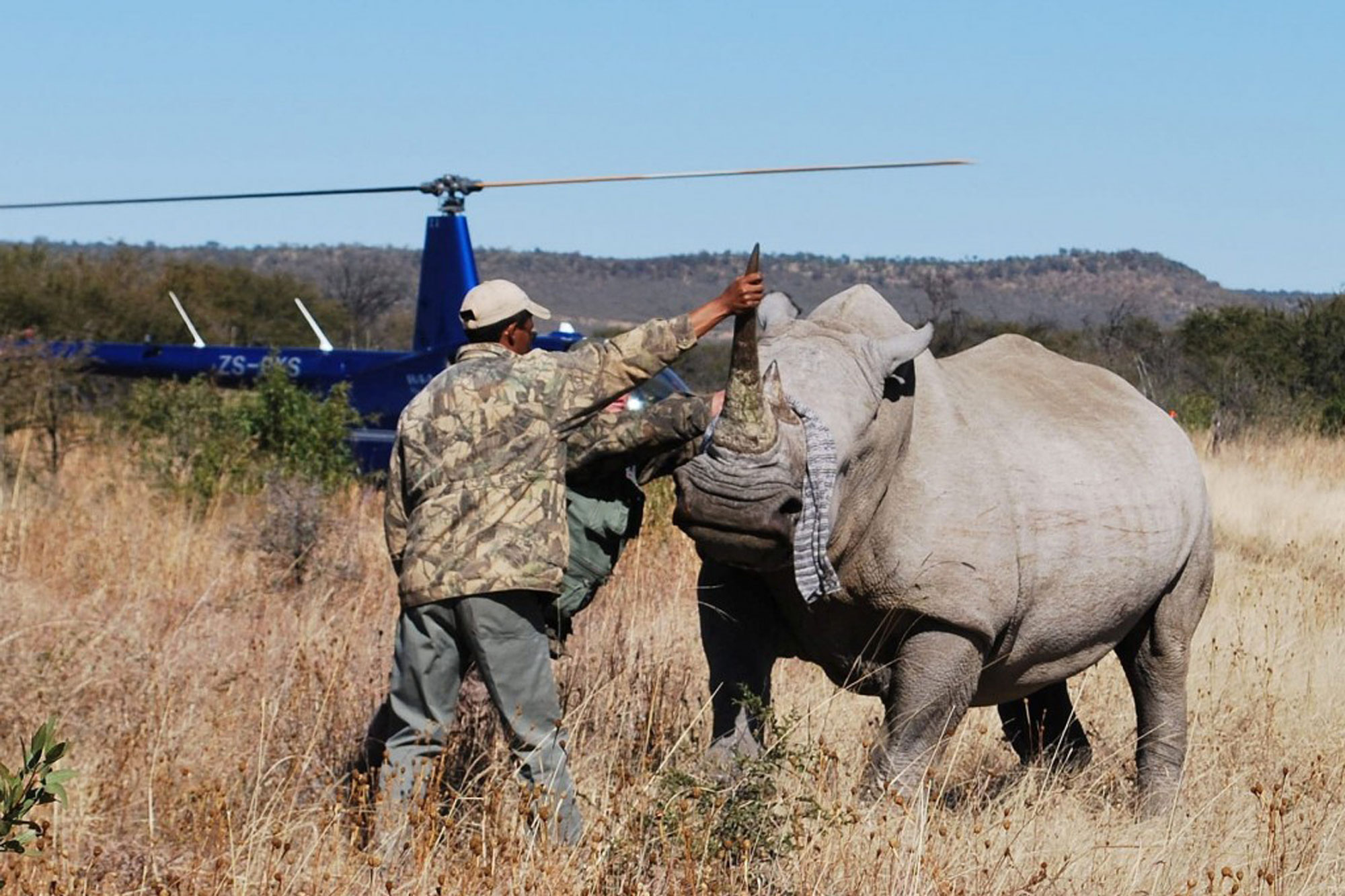Commenting on the unprecedented move by China to lift a quarter-century ban on the scientific and medical use of tiger bones and rhinoceros horn, Professor Douglas MacMillan says a legal trade “requires a strong commitment to both supply and demand management.
“Not surprisingly, the move by China has upset conservation NGOs who believe that this policy shift will threaten the survival of both species in the wild by stimulating demand for traditional medicine. China, and other proponents of a legal and sustainable wildlife trade, would argue that such a move is necessary to protect their traditional medicine system upon which millions rely, and would help fund the conservation of both species by greatly reducing the supply of poached animal products and by giving landowners and managers a financial incentive to conserve both species.
“In reality, the impact of lifting the ban on wild populations will depend on what happens to the price of rhino horn and tiger bone, and the effort spent on anti-poaching endeavours. A legal trade would therefore require a strong commitment to both supply and demand management.
“On the demand side, it will be important that China regulates the market through appropriate and legally enforceable measures that precludes any illegal trade in poached products, through, for example, their proposal to license sellers and restrict use to legitimate medicinal treatments. On the supply side, lion-range states that wish to benefit from the trade should be required to certify their products as sourced from sustainable and legal sources and at the same time have in place an effective anti-poaching programme.
“Clearly this may be challenging for some African countries due to lack of finance and corruption and it may be that China should only establish trade partnerships with countries such as South Africa where there is a proven track record of successful conservation of both rhinos and lions and hence the potential to create a sustainable supply.”
Professor Douglas MacMillan is an expert in Conservation and Applied Resource Economics at DICE. He is especially focused on quantitative analysis however, in some situations, such as poaching and illegal logging, reliable economic data is difficult to obtain: hence he also deploys more qualitative approaches to enrich our understanding of these clandestine economic processes.

